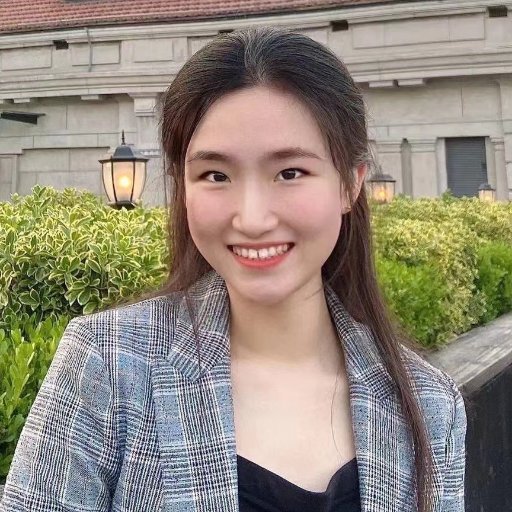 Stella University of Oxford, Experimental Psychology
Stella University of Oxford, Experimental Psychology
Experimental psychology is a relatively niche and difficult subject to apply for at Oxford. According to the exclusive data of Blue, a total of 69 Chinese students applied for Experimental Psychology at Oxford in 2020, and only 6 students actually received offers, a success rate of only 8.7%.
Student background:
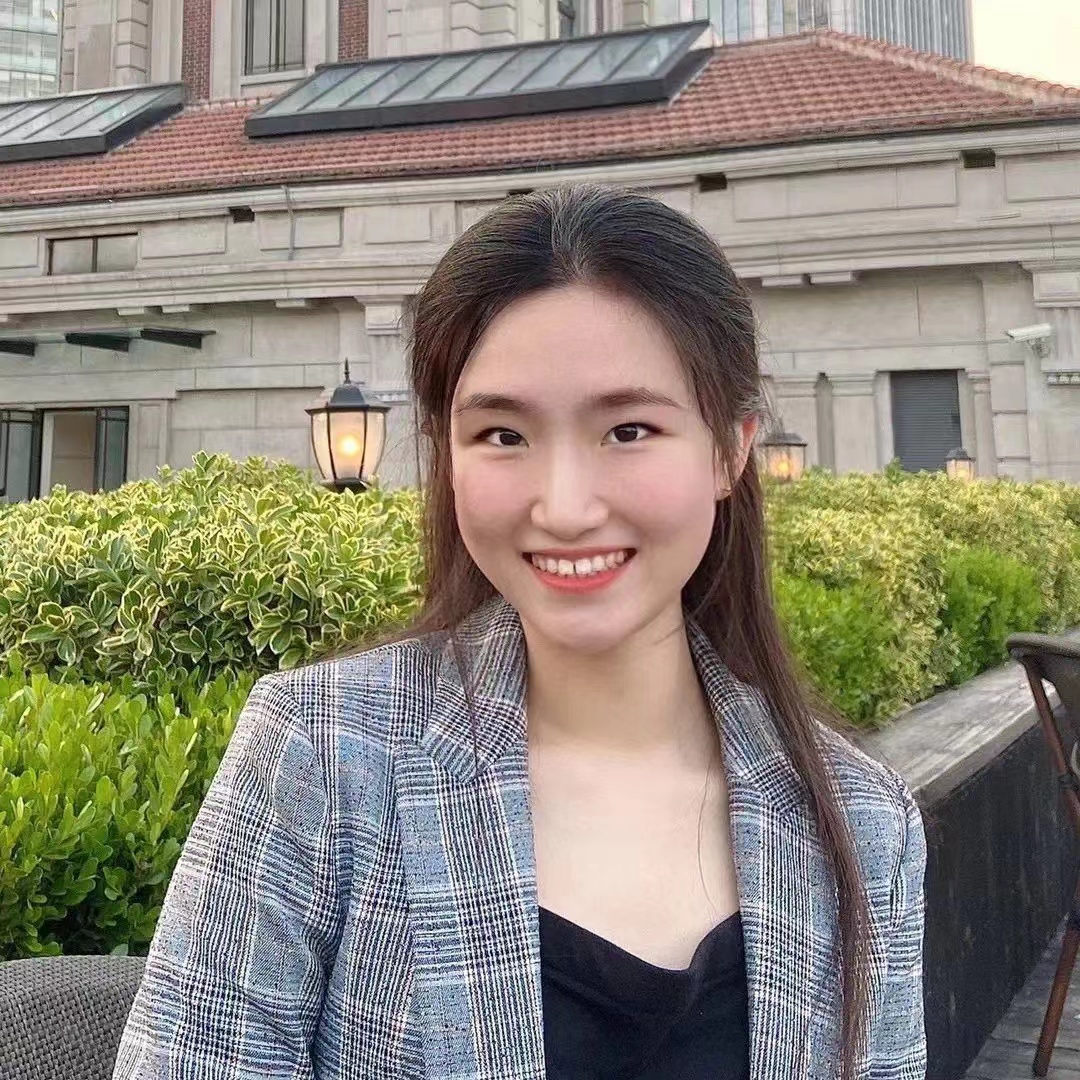
Shanghai East Foreign Language School Affiliated to SISU
Stella application story
01. How did you feel after being rejected by Oxford last year?
Last year, I applied for PPL (Psychology, Philosophy and Linguistics) in Oxford University, because I thought it would be an advantage for me to apply for a mixed-linguistics major because I can speak Chinese, English and Spanish. But after being rejected, I felt crushed because I didn't even make it to the interview stage. I didn't know what my problem was, I just got rejected.
But I didn't stay negative for long, I was curious to know what had gone wrong with my Oxford application, so I quickly picked myself up and decided to readjust my approach.
02. What efforts have been made to adjust your approach?
The most important thing was to not dwell on the negative emotions, but to reflect on where I may have gone wrong and make adjustments.
Then I had to explore my interest. After reading a lot of books related to linguistics, I found that I was not really interested in PPL. At that time, I applied for PPL because I thought that if there were fewer applicants for PPL, I would have a better chance of being admitted. In fact, this is not the case at all! So I decided to choose the subject I really liked: psychology.
Last year I struggled on the TSA but this year I felt calmer, more confident, and I was able to think faster and more clearly. My scores reflected how I felt and were significantly higher than the first round.
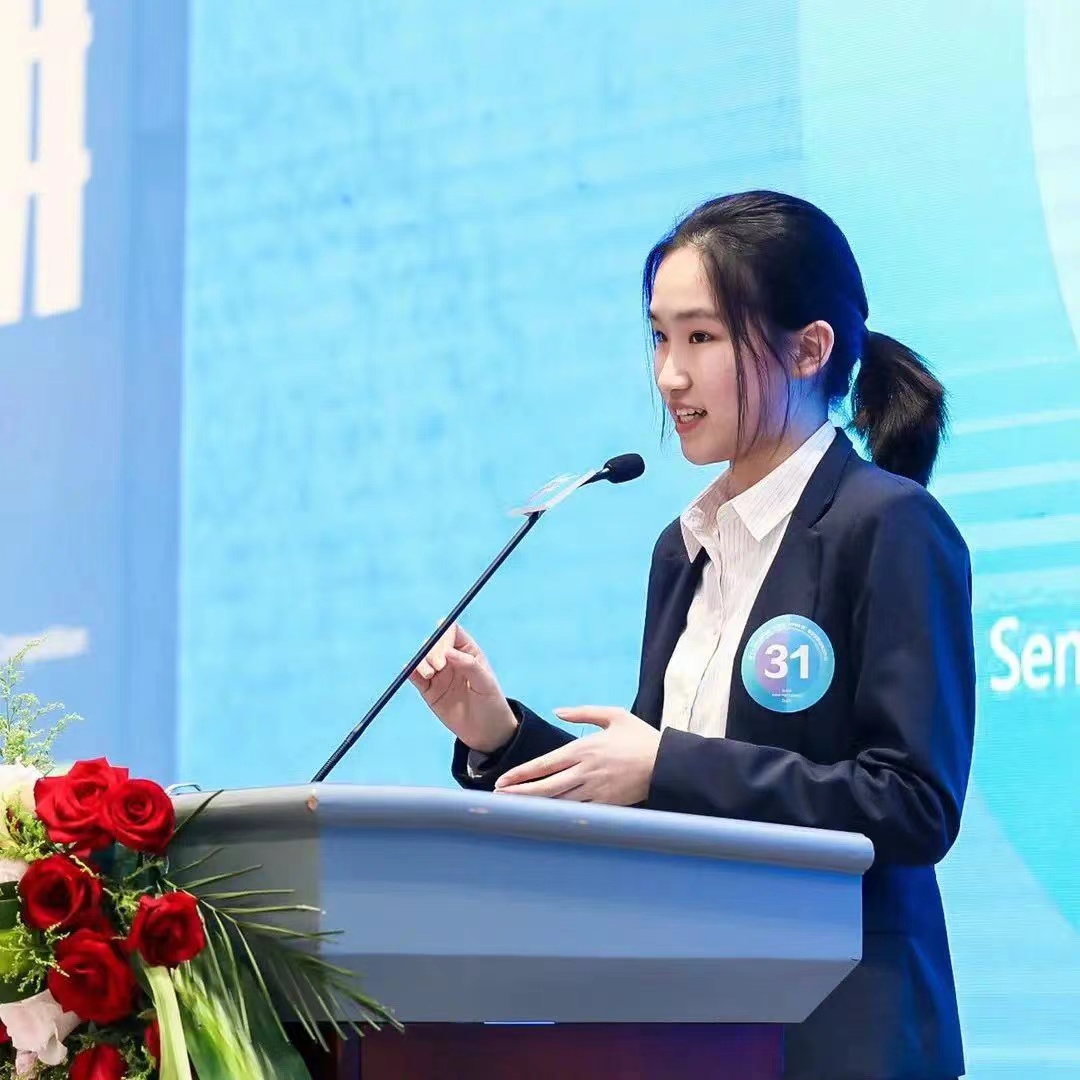
03. What have you learned from failure?
The first time I took the TSA, I relied too much on techniques and wasted a lot of time. During this year's test, my self-control was a lot better.
In addition, when preparing for the interview last year, I was not clear about the structure and setting of the whole interview, and my knowledge of PPL was not sufficient. However, this year's courses at UCL were particularly helpful for me because after reading the freshman courses for one semester, I have a sounder understanding of psychological experiment steps and can think of many psychological concepts and papers. The result of this was that I could express more opinions in the interview.
Last year, I only knew what the concepts were, and lacked a deep understanding; However, during the interview this year, I was able to communicate with the professor endlessly about what I was interested in. In fact, the professor also wanted to know the limits of their potential students and how far they could extend their thinking.
04. How did you prepare for reapplying?
At the beginning of the process Blue's teacher suggested that I send an email to all the colleges to ask about their attitude towards reapplying and taught me how to write the email, patiently helping me to make corrections. After considering the replies from all the colleges, I chose the college with the friendliest attitude towards me, which played a very crucial role in my final application success!!
In my first personal statement I wrote a lot about my experience, but seldom mentioned my academic interests. This year, there is much greater focus on this point, which was the shift in my personal statement.
Preparing for the TSA was especially hard. At that time, I wanted to give up for a while, but my mother encouraged me and gave me a lot of confidence. I want to thank my mother here.
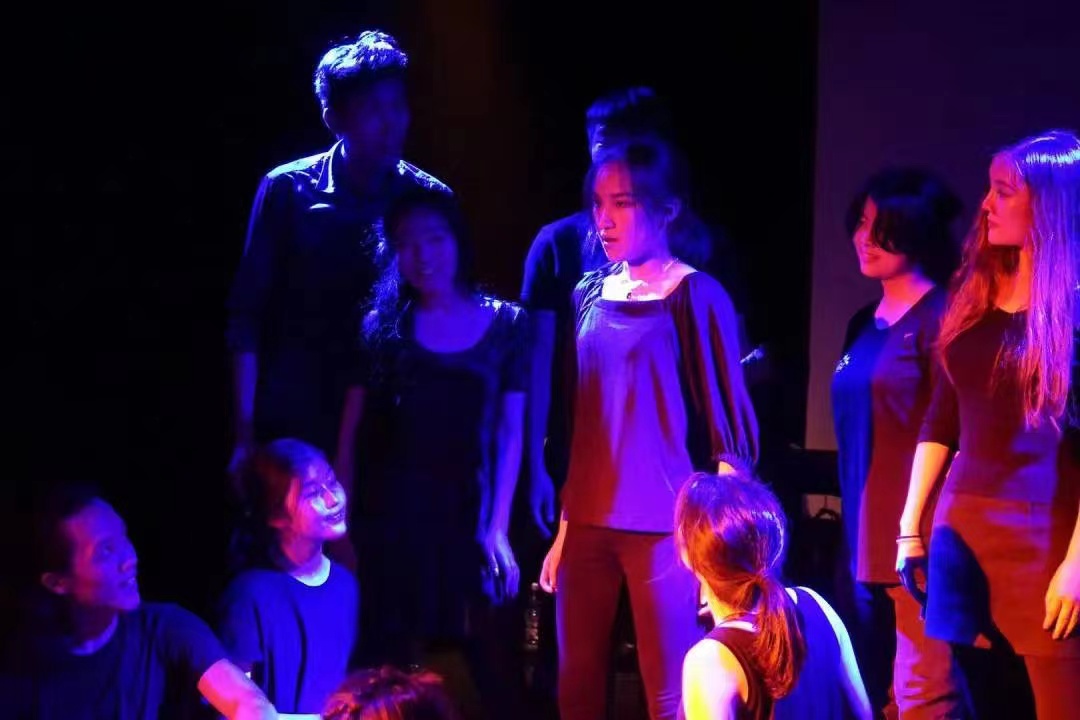
05. Online interview experience and advice?
I think online interviews are easier, but I don't much like them because there is no real face-to-face interaction. What's more, I was confused when the professor asked me a question totally unrelated to my course during the interview in what I can only assume is a deliberate way to assess my thinking.
In general, I was very nervous during the online interview and felt I had to answer the professor's questions quickly. But the lesson I've learned is that you don't have to answer quickly, you have to sort out your thoughts, and it's better to give a structured answer.
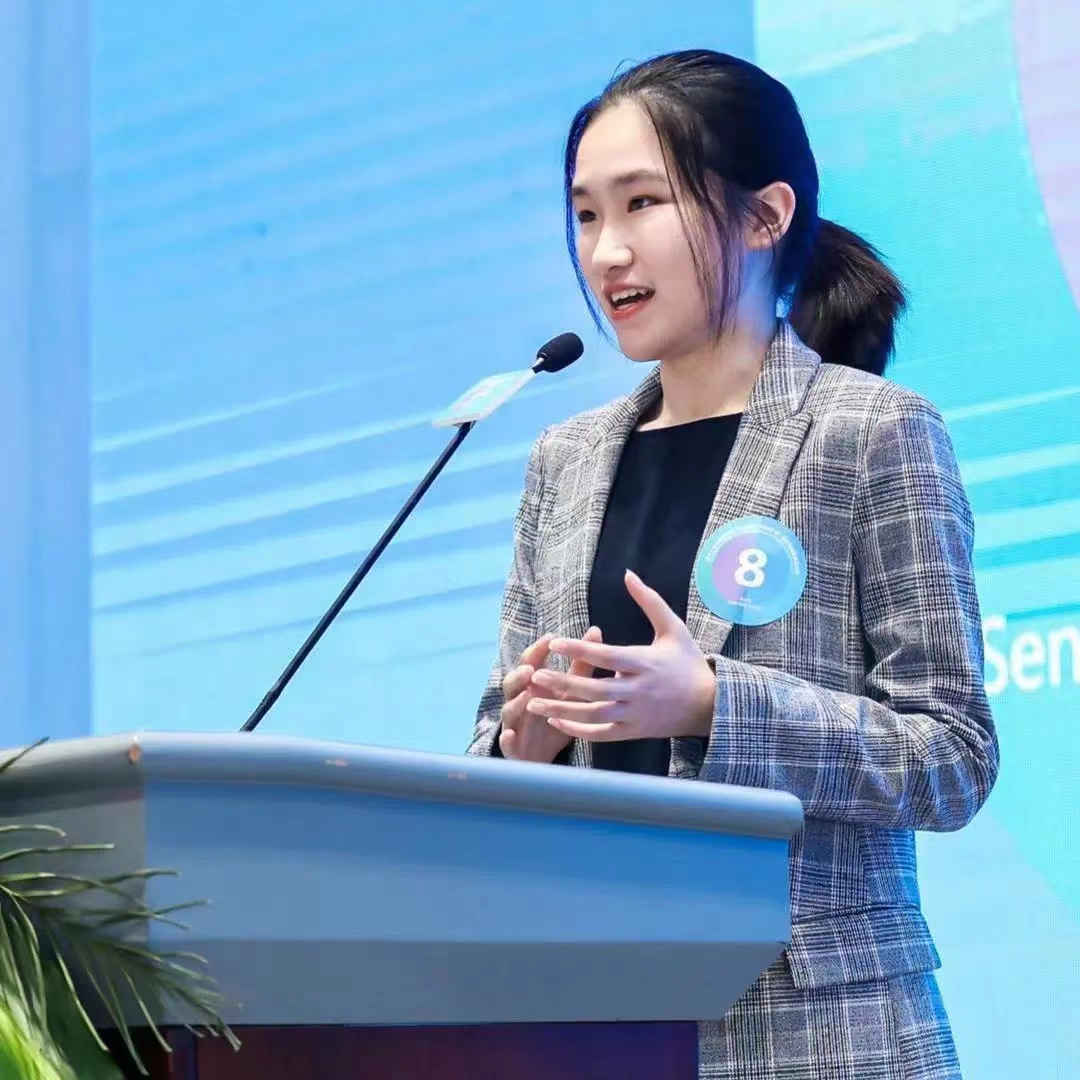
06. What would you say to Oxbridge applicants?
I would like to say that we must carefully evaluate ourselves to prepare for an application. I suggest you go to the school and ask for feedback and know what your problems are. With this in mind you can work to fix those weaknesses before they cost you a place at Oxbridge.
You can read more books during the preparation period to make up for the lack of knowledge. For example, when I got asked a question in the interview that I had no knowledge of, I had read about something similar in a paper beforehand. So I knew its train of thought and answered it very smoothly. So be sure to read more papers related to your course as this is very useful in the interview.

